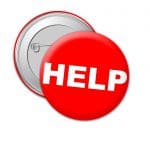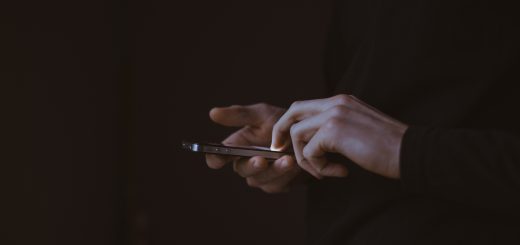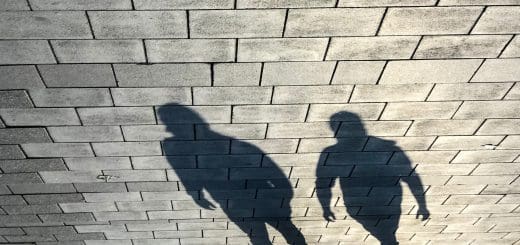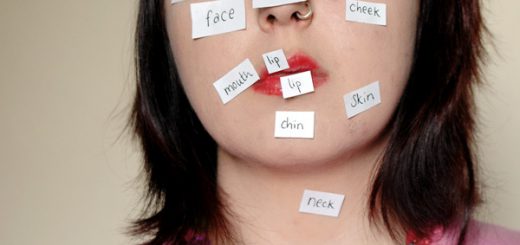Failing Does Not Make You a Failure
I came really close to failing a class this spring semester. I’ve never failed a class before, so I ended up associating this one small event with being a complete and utter failure. Ever since then, I’ve been doing my best to challenge that thought and overcome it as best I can.
 One week before finals, I found myself staring at a daunting grade in my calculus class: 62%. With COVID-19 going on, my school had given us the option to select pass/no-pass for our final grades after they’re submitted. With this, it just meant I have to do my absolute best on the last two homework assignments and the final for this class, just to keep the D from slipping to an F, and eventually changing the grade to “Pass.” This didn’t seem like a whole lot, but it was, for someone like me who was struggling in the subject well before everything became online.
One week before finals, I found myself staring at a daunting grade in my calculus class: 62%. With COVID-19 going on, my school had given us the option to select pass/no-pass for our final grades after they’re submitted. With this, it just meant I have to do my absolute best on the last two homework assignments and the final for this class, just to keep the D from slipping to an F, and eventually changing the grade to “Pass.” This didn’t seem like a whole lot, but it was, for someone like me who was struggling in the subject well before everything became online.
So there I was, freaking out. Knowing that my chances of passing or failing were 50/50. It was really just a flip of a coin. I was hoping for the best and expecting the worst. And while I had really never experienced testing anxiety before, I could just tell that it would take over the second I started my calculus final, since I had so much riding on that one grade and I was barely comprehending the curriculum as it was.
 This last-minute revelation pushed me out of comfort zone: I asked for help. I messaged my advisor and asked if we could have a video call that night so she could help me through my dilemma. She suggested that I drop the class, and explained to me that action entailed the class being erased from my record so that no one would know I even attempted it this spring. I talked to my mom about it and ended up going through with dropping it.
This last-minute revelation pushed me out of comfort zone: I asked for help. I messaged my advisor and asked if we could have a video call that night so she could help me through my dilemma. She suggested that I drop the class, and explained to me that action entailed the class being erased from my record so that no one would know I even attempted it this spring. I talked to my mom about it and ended up going through with dropping it.
I justified this decision by prioritizing my mental health over the convenience of finishing the class and possibly having the endeavor be over and done with (if I passed).
 In the days that followed, I felt significantly better and more at ease, focusing on other final exams and projects that I had a lot more confidence in. I also found myself reflecting on what had gone so wrong for me to reach that anxious brink of my abilities. More than anything, it was my inability to recognize when I need help and seek it out. Calculus (1 & 2) had been my favorite subject and was a large part of the reason I chose my major in the first place. I was in denial when I started to struggle in Calc 3 because I thought I had to be good at it.
In the days that followed, I felt significantly better and more at ease, focusing on other final exams and projects that I had a lot more confidence in. I also found myself reflecting on what had gone so wrong for me to reach that anxious brink of my abilities. More than anything, it was my inability to recognize when I need help and seek it out. Calculus (1 & 2) had been my favorite subject and was a large part of the reason I chose my major in the first place. I was in denial when I started to struggle in Calc 3 because I thought I had to be good at it.
Now looking back, I’ve learned a number of things that I will carry with me next time I encountered a similar struggle. These are for acting proactively to prevent a panic attack from ensuing (again):
- Acknowledge when you are struggling – you are the only person who can do this, no one can do it for you. Admit this fact to yourself in a judgment-free way. It is simply true, not wrong, bad, or weak.
- Appreciate those in your corner and confide in them to seek out advice/help – I knew I had an awesome advisor, but I didn’t know how awesome until I had a call with her at 8pm on a Monday with only a four-hour notice beforehand. I wish I had contacted her earlier in the semester. That way, I might have gotten some much-needed one-on-one help before the problem got out of hand. I also would have learned that I can get accommodations for my anxiety and depression through the Office of Disability Services at my school.
- Understand what is in and out of your control – I didn’t mention this earlier but my professor made learning much more difficult virtually and failed to respond to me about accommodations I may need. I’ve also never been strong at learning online, and I had no control over the fact that I had to do that this semester.
- Recognize your many other achievements – six years from now, this small hiccup I endured during my freshman year of college will be far off my radar, so why am I letting it define who I am now? You have so much going for you, write down your positive qualities and accomplishments if that helps you believe it.
While I still have to take retake the class to graduate, I will be doing it next semester, in a learning environment (my campus) and will already have some familiarity with the subject. I’m happy to say I don’t regret doing this.
Have you ever had a setback that you let define you as a person? How have you helped yourself change your mentality?




Recent Comments